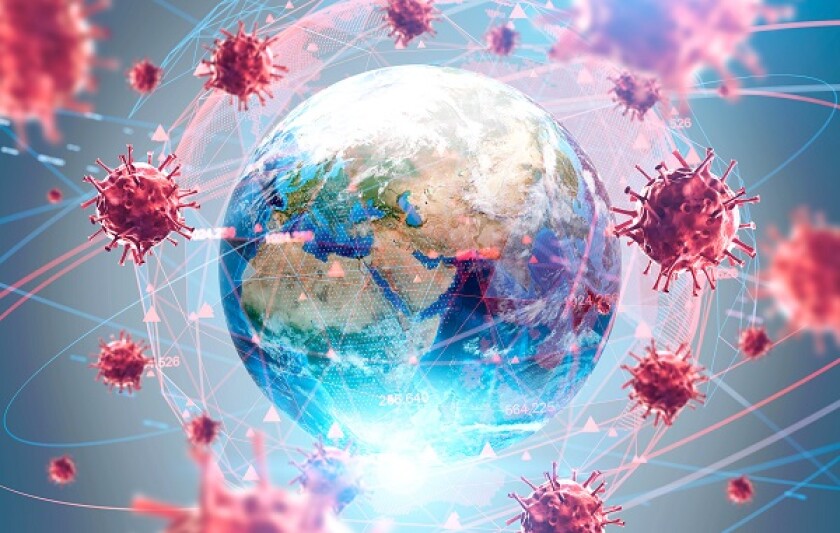The city of Manila was placed under Enhanced Community Quarantine (ECQ) on March 16 2020 and all government offices and private businesses except those providing essential services, were required to work from home or closed. Public transportation was suspended, and everyone was required to practise social distancing and wear face masks.
On May 16 2020, the government relaxed the ECQ and put Manila under modified ECQ (MECQ). Within this framework, government offices and selected private businesses were allowed to work at 50% capacity, but still required to wear face masks and carry out social distancing. Restaurants, movie theatres, beauty salons etc. are still prohibited from opening, public transportation still not available, and mass gatherings still prohibited.
The Intellectual Property Office of the Philippines (IPOPHL) is on a skeleton workforce at 40% of its manpower, and work from home arrangements remain in place until May 31 2020. Memorandum Circular No. 2020-13 and 2020-13A issued on May 15 2020 has the following salient points:
1) New and renewal trademark applications shall only be filed through the IPOPHL's electronic filing system. Documents related to registered marks as well as pending applications shall only be transmitted through eDocfile.
2) Except for applications which exceed 250 pages, new applications for patents, design and utility models shall only be filed through the electronic filing system of the IPOPHL.
3) Scanned copies of original documents shall be submitted through the online filing system, but parties may be required to submit original documents on questions involving authenticity or due execution.
4) Other IPOPHL bureaus and offices without existing online filing systems shall continue to accept manual filings, and filings via post or private courier.
5) Deadlines for payments and submission of papers, replies and other documents due for filing between March 16 2020 and April 30 2020 have been extended to June 30 2020 and those with deadlines between April 1 and April 30 2020 are extended to July 30 2020.
6) Expecting voluminous filings when it opens on May 27 2020 and to comply with the social distancing protocol and avoid long queues, the IPOPHL has mandated the cashiering and receiving sections to accept filings by alphabetical order, e.g. law firms, agents with names beginning with the first letters A-C are scheduled for May 27 2020.
7) Hearings and mediation conferences remain suspended until May 22 2020, unless a request for an online hearing or conference is made.
The IPOPHL is maximising the use of its online filing system as stated above. On March 19 2020, the use of eDocfile for patents was launched. The transactions covered are: (i) responses (ii) basic annuity payment, extensions, recordals; (iii) requests for correction; (iv) requests for certified copies; (v) requests for registrability reports; (vi) submissions of POA; (vii) revivals, renewals for industrial designs; (viii) voluntary amendments, follow-up letters, and other patent related documents; (ix) report for utility models and industrial designs.
The guidelines for online mediation have been circulated for comments, and this is expected to be implemented by June 2020. Should the Covid-19 situation improve, Manila could move to the next level which is the General ECQ, where public transportation would be made available and more businesses opened, but still with the wearing of face masks and social distancing.
Editha Hechanova












